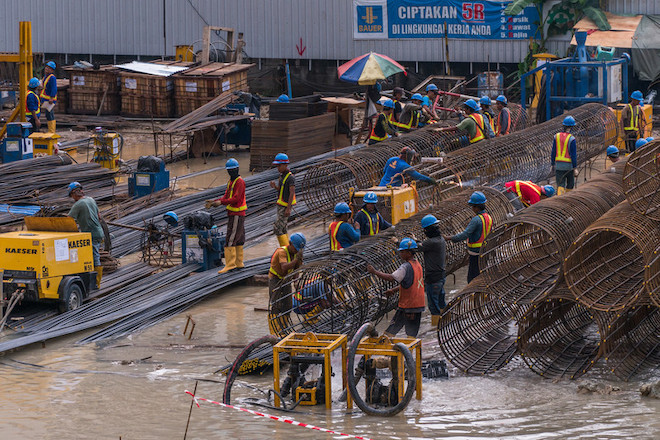
The ASEAN Policy Network is an initiative of ADB's Southeast Asia Department (SERD). The network consists of economists from SERD as well as staff from other ADB knowledge departments.
Members work together to produce knowledge products to help governments in the region come up with policies to support economic growth and address pressing development challenges.
The network also hosts and co-hosts webinars.
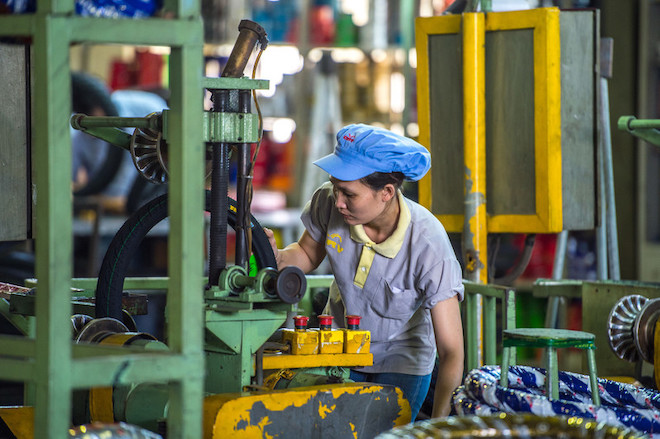
LEAP features topics to strengthen the economic and policy analysis skills of SERD staff in preparing research and project documents. It aims to encourage participants to discuss the latest developments in the region and share country experiences and perspectives.
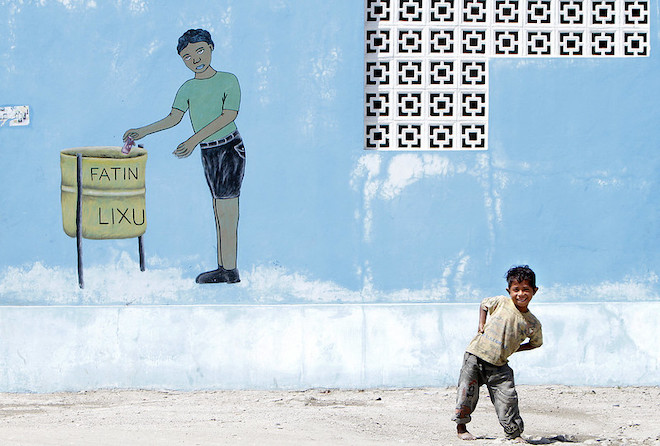
SPOT features conversations on new ideas and development beyond office walls. It aims to inspire people to explore issues outside their normal area of work. It encourages active interaction and debate among the participants with their varied perspectives and approaches.
Publications
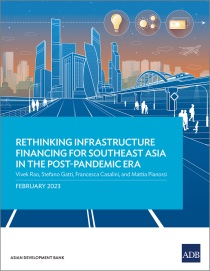
This report analyzes how the pandemic has impacted investment in infrastructure in Southeast Asia and assesses how infrastructure development can help drive economic recovery and support sustainable growth.
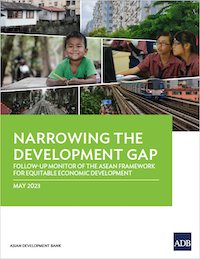
This report uses a broad range of indicators to assess the individual and collective development progress made by ASEAN.
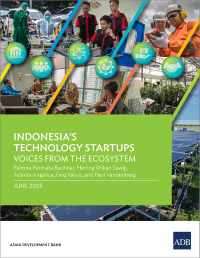
This report analyzes the prospects for tech startups in agriculture, the green economy, health, and education.
News
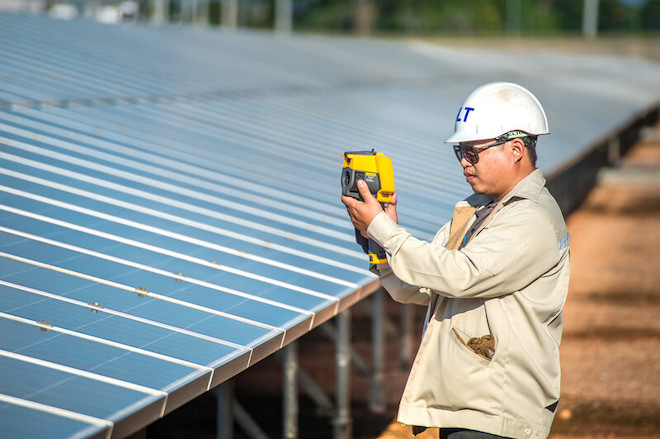
To unlock these opportunities, however, the region needs joint action from multiple stakeholders to provide regulations, standards, manufacturing sector reforms, and other initiatives.
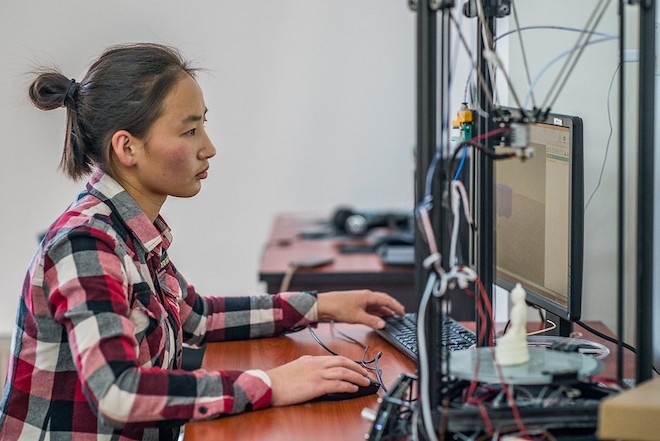
Making the labor force more diverse, inclusive, and capable of taking on green jobs is crucial for Southeast Asian nations to reach their net-zero goals by 2050.
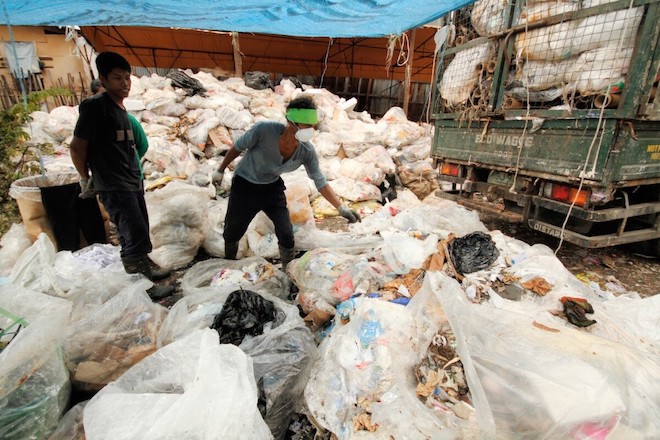
Adopting sustainable consumption and production practices will have multiple economic and social benefits, such as creating green jobs and reducing pollution.
Greening ASEAN and Global Value Chains
Southeast Asia has become one of the most important regional hubs for global value chains (GVCs)—the cross-border networks that separate production stages from concept to consumption. By participating in GVCs, most Southeast Asia economies have grown strongly and reduced poverty. GVCs have created a strong manufacturing and export base, more and better-quality jobs, and spread knowledge, innovation and technology. However, their social and environmental impact can also lead to inequality and increased greenhouse gas emissions.
A new report from the Asian Development Bank examines recent developments affecting GVC participation—particularly in ASEAN—and explores how the region could respond to challenges and opportunities facing GVCs to make them more resilient and sustainable.
Publication: ASEAN and Global Value Chains: Locking in Resilience and Sustainability
News Release: ASEAN Must Act to Strengthen Position in Global Value Chains

